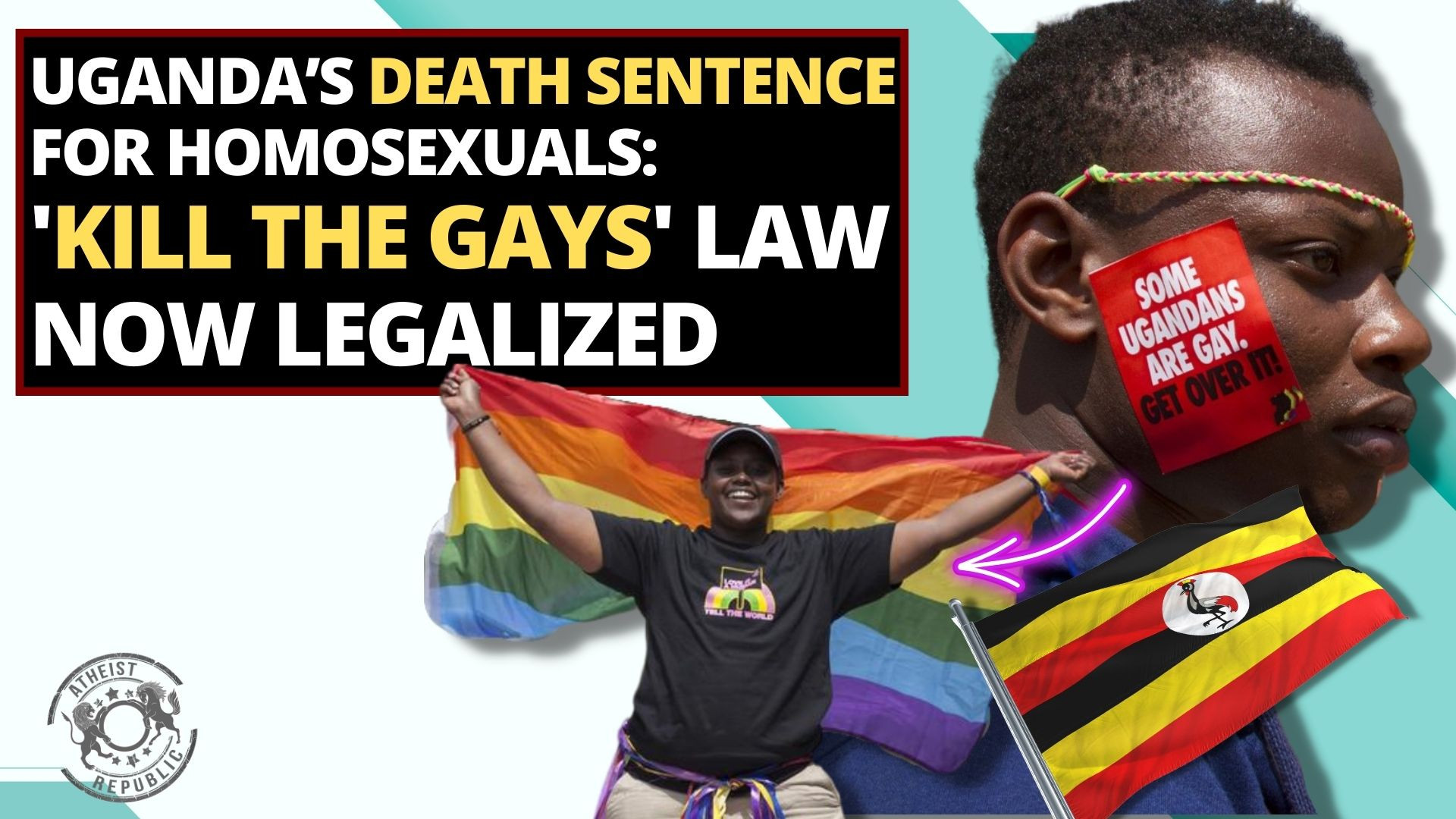
After the Ugandan legislature proposed a shocking anti-LGBTQIA+ law that would further criminalize homosexuality and punish anyone found promoting LGBTQIA+ causes or providing shelter to known LGBTQIA+ members, the President of the Christian-majority African nation signed the bill into law, drawing condemnation from international bodies and leaders.
US Secretary of State Antony Blinken has said his government would consider visa restrictions against Ugandan officials and others for the abuse of human rights following the implementation of one of the world's toughest anti-gay laws.https://t.co/TujuR5h8CO
— News24 (@News24) May 30, 2023
Ugandan President Yoweri Museveni signed the Anti-Homosexuality Act into law on May 26th, after the country’s Parliament drafted the bill last March. All but two of the 389 members of parliament, who mainly belong to the dominant-party National Resistance Movement (NRM), voted in favor of the bill.
Under the country’s colonial-era laws, homosexual acts are already illegal in the former British colony. However, the newly signed law imposes harsher punishments for other LGBTQIA-related acts. For instance, anyone found guilty of “recruitment, promotion and funding” of homosexuality “activities” can be sentenced to life in prison, and even identifying as a part of the LGBTQIA+ community is illegal under this law.
Uganda's President Yoweri Museveni has signed one of the world's harshest anti-LGBTQ laws, including the death penalty for ‘aggravated homosexuality,’ in defiance of Western condemnations and potential sanctions from aid donors https://t.co/3J9xJTVjcx
— Reuters (@Reuters) May 30, 2023
In addition, acts of “aggravated homosexuality,” reportedly defined as having homosexual relations with HIV-positive people, children, or other vulnerable people, are punishable by the death penalty. The new law was described as one of the world's worst and most extreme anti-LGBTQIA+ legislation.
Various international leaders and bodies strongly denounced the passage of the new law. The United Nations released a statement, calling the law “a recipe for systematic violations of the rights of LGBT people and the wider population.”
“It conflicts with the constitution and international treaties and requires urgent judicial review,” the statement added.
#Uganda: Secretary-General @antonioguterres is deeply concerned over the punitive Anti-Homosexuality Act becoming law and calls on the country to fully respect its #HumanRights obligationshttps://t.co/EW1g7ikbSK
— UN News (@UN_News_Centre) May 31, 2023
Uganda is a signatory of several international human rights treaties and conventions, such as the International Covenant on Economic, Social, and Cultural Rights (ICESC), the International Covenant on Civil and Political Rights (ICCPR), and the Convention on the Elimination of All Forms of Discrimination against Women (CEDAW).
Many officials in the United States also condemned the law. US President Joe Biden called for the law to be repealed immediately and even instructed his National Security Council to re-evaluate the aid being sent to the country. He said his administration is also considering applying “sanctions and restriction of entry into the United States against anyone involved in serious human rights abuses or corruption.”
The new Ugandan law drew condemnation from both Democrats and Republicans, with Republican senator Ted Cruz of Texas denouncing the law via Twitter as “horrific & wrong” and adding that “any law criminalizing homosexuality or imposing the death penalty for “aggravated homosexuality” is grotesque & an abomination.”
Sen Ted Cruz, R-Texas, condemned Uganda's sweeping new anti-gay law, calling it "horrific and wrong." https://t.co/cVWa3IXDpL
— NEWSMAX (@NEWSMAX) May 30, 2023
Kampala-based human rights activist Steven Kabuye told the Guardian that they will fight the law in every way they can.
“Of course, we are going to march to court and contest this draconian law in every way possible,” he told the Guardian.
Uganda has attempted to further penalize homosexuality for years, with one attempt in 2009. However, the law was earlier struck down by the country’s Constitutional Court and was rendered invalid.
